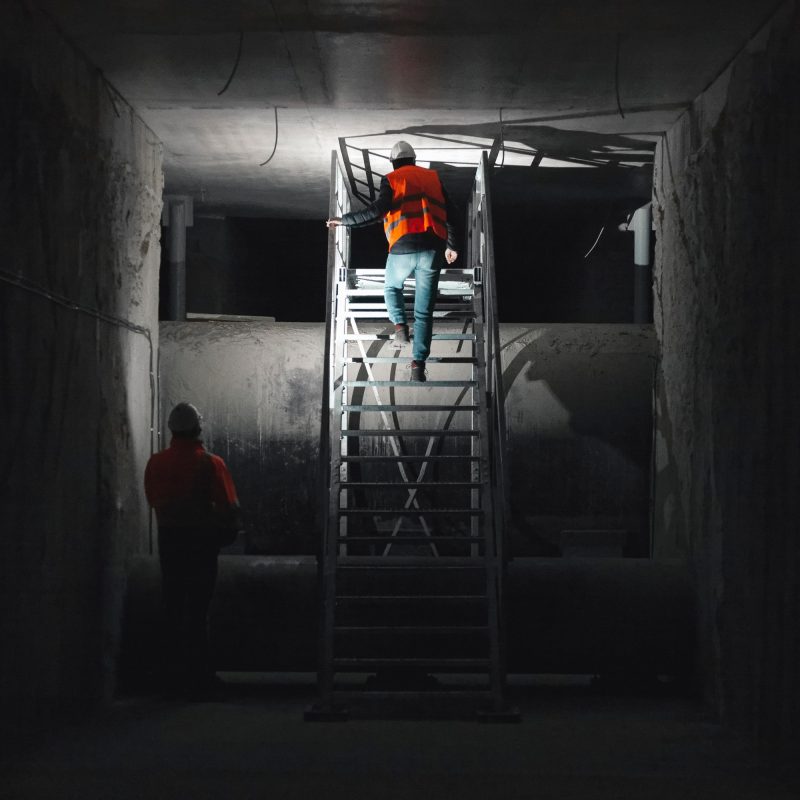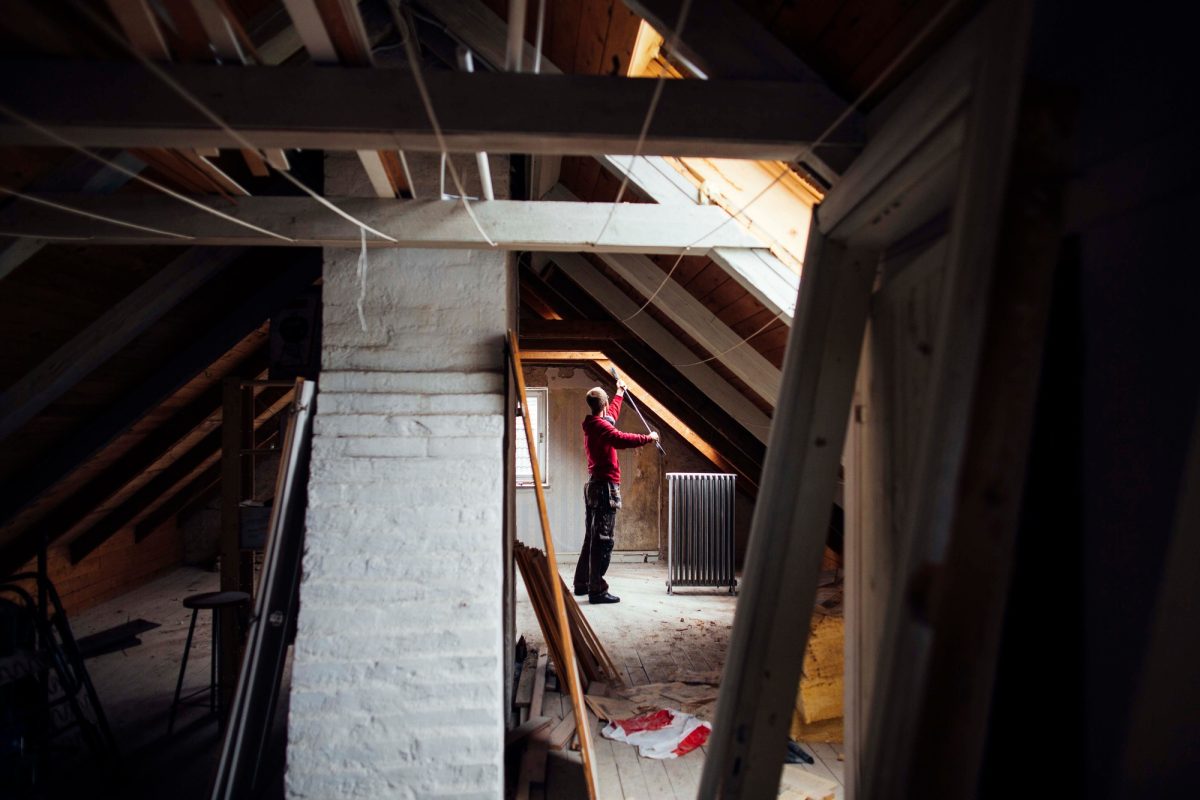Working in Confined Spaces
We’re experts at assessing and producing safety documentation and processes for working in confined spaces.
We’re experts at assessing and producing safety documentation and processes for working in confined spaces.
Working in confined spaces is legally defined as a “high risk” work and is governed by regulations and codes which stipulate how the work must be undertaken. involves tasks that are performed in areas with limited, narrow, or low access. Examples include:
Working in confined spaces poses a range of serious risks for workers, and effective safety measures must be implemented where required. These safety measures include training, documenting safety procedures and processes, and regular safety audits by expert safety consultants.

There are several significant hazards and risks present when working in confined spaces. Some of the more common ones include:
Identifying these hazards early on is essential. When risks are identified early, proactive measures can be taken to remove hazards and reduce risk. This creates a more secure working environment for employees and reduces the chance of a workplace accident.
Your Safety Partners are a team of expert health and safety consultants, and we have a deep understanding of confined space regulations and requirements. We conduct thorough risk assessments for businesses with operations that may require work in confined spaces. Our assessments result in detailed reports and actionable recommendations and advice. A confined space assessment for your workplace comes with a range of benefits that include:

Each year over 130,000 workers are seriously injured. Most of these injuries or accidents could have been avoided if organisations had taken the time to see where their safety gaps were.
We conduct safety audits to assess the risks associated with working in confined spaces, ensuring all regulatory requirements are met.
We assist businesses in obtaining compliance certificates by verifying that all confined space work follows legal safety standards.
Our risk scores help identify specific hazards in confined spaces, enabling targeted actions to enhance safety and compliance.
A confined space is defined as an enclosed or partially enclosed area that is not intended for continuous occupancy and may present a risk to health and safety from hazards such as poor ventilation, hazardous atmospheres, or restricted access.
Examples include:
Tanks: Enclosed spaces often used for storing liquids or gases, posing risks like toxic atmospheres and engulfment hazards.
Pits: Depressions or holes in the ground, which can contain hazardous materials or have poor ventilation, leading to potential entrapment or exposure risks.
Tunnels: Long, narrow passageways often underground, with limited access and egress, increasing the risk of suffocation, toxic exposure, and structural collapse.
These spaces are governed by strict regulations in Australia to manage the high risks associated with entry and work within them, ensuring proper procedures and safety measures are in place.
Common hazards in confined spaces include poor air quality, toxic gases, the risk of engulfment, and limited escape routes, which can lead to asphyxiation, poisoning, or entrapment.
Inadequate management of these hazards can result in severe injuries or fatalities. Ensuring comprehensive risk assessments and implementing appropriate safety controls are crucial to mitigating these dangers and maintaining a safe working environment.
Confined space safety procedures are essential because they help prevent accidents and ensure compliance with legal requirements.
In Australia, confined space incidents continue to pose significant risks, and non-compliance can result in severe penalties, including fines and legal action against employers.
Implementing detailed safety procedures, such as entry permits, continuous monitoring, and emergency response plans, is crucial for protecting workers and avoiding legal repercussions.
Your Safety Partners provides expert confined space safety assessments and consulting services to help businesses comply with Australian regulations.
We offer tailored risk assessments, develop comprehensive safety procedures, and provide training and permits required for confined space work.
Our goal is to ensure that your confined space operations are safe, compliant, and well-managed, reducing the risk of incidents and enhancing overall workplace safety.
Your Safety Partners have decades of experience conducting safety audits, developing and improving processes and delivering training to ensure safety processes “stick”. We have helped many organisations create safer workplaces and more profitable business.. When it comes to working in confined spaces, we provide rigorous safety assessments and actionable advice. Our process is adaptable to different environments and industries. We’ll always ensure that assessments and advice are tailored to the needs of your business. However, our safety assessment process may look a little like this:
We’re also available to provide training, permits, and other documentation.
Confined space safety is critical for preventing serious injuries and fatalities in high-risk work environments.
Hazardous atmospheres, such as low oxygen or toxic gases, are responsible for approximately 60% of confined space fatalities.
Confined space entry is a significant risk factor in agriculture, construction, and manufacturing, where confined space incidents account for about 10% of workplace fatalities.
The average fine for non-compliance with confined space safety regulations in Australia can reach up to $50,000.
Tyrepower has had an ongoing relationship with YSP and John Tregambe for last four years. John and the team at YSP assisted Tyrepower on a number of projects over this time, including the total updating and re-launch of the Tyrepower safety management system of our stores and offices. When you need any service, we go straight to YSP.
Former Education and Development Manager (Tyrepower Australia and New Zealand)
Your Safety Partners are like having a team of in-house safety experts. They are extremely responsive, can support or run a complete GAP analysis, design tailored relevant solutions to suit your business quickly and then help you implement them, including training any third parties. All boxes ticked!
Risk and Compliance Manager Hazeldenes